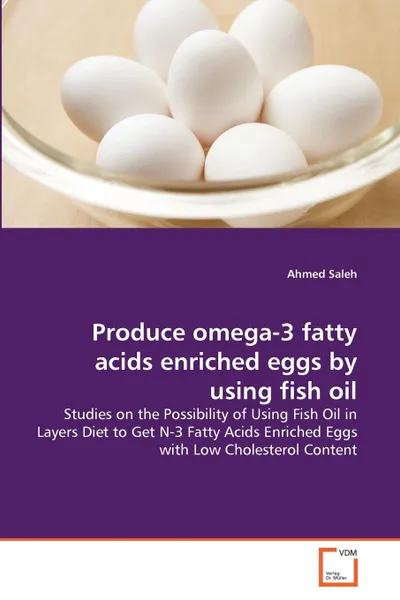Produce omega-3 fatty acids enriched eggs by using fish oil 12+
📒 Omega-3-polyunsaturated fatty acids (n-3PUFA) play an important role in human nutrition since they help to reduce the incidence of such life-style diseases as coronary artery diseases, hypertension and diabetes, as well as certain inflammatory diseases as arthritis and dermatitis. These diseases are an increasing problem in countries of the Middle East and North Africa, due to the dominance of animal fats and partially hydrogenated vegetable oils in these countries. Enrichment of n-3PUFA in eggs of laying hens is a successful strategy to ensure an adequate supply of n-3PUFA for the greater population. Production of such eggs can be realized by adding common sources of n-3PUFA (i.e., fish oil, marine algae, or flaxseed) to the layer diet. The inclusion of n-3PUFA into yolk lipids is feasible and could be achieved by feeding diets rich in n-3PUFA to the laying hens. Fish oils are common feed ingredients used to increase yolk n-3 PUFA in layers. The optimal concentration of n-3PUFA in a layer diet must be optimized experimentally for each production.
Мнения
